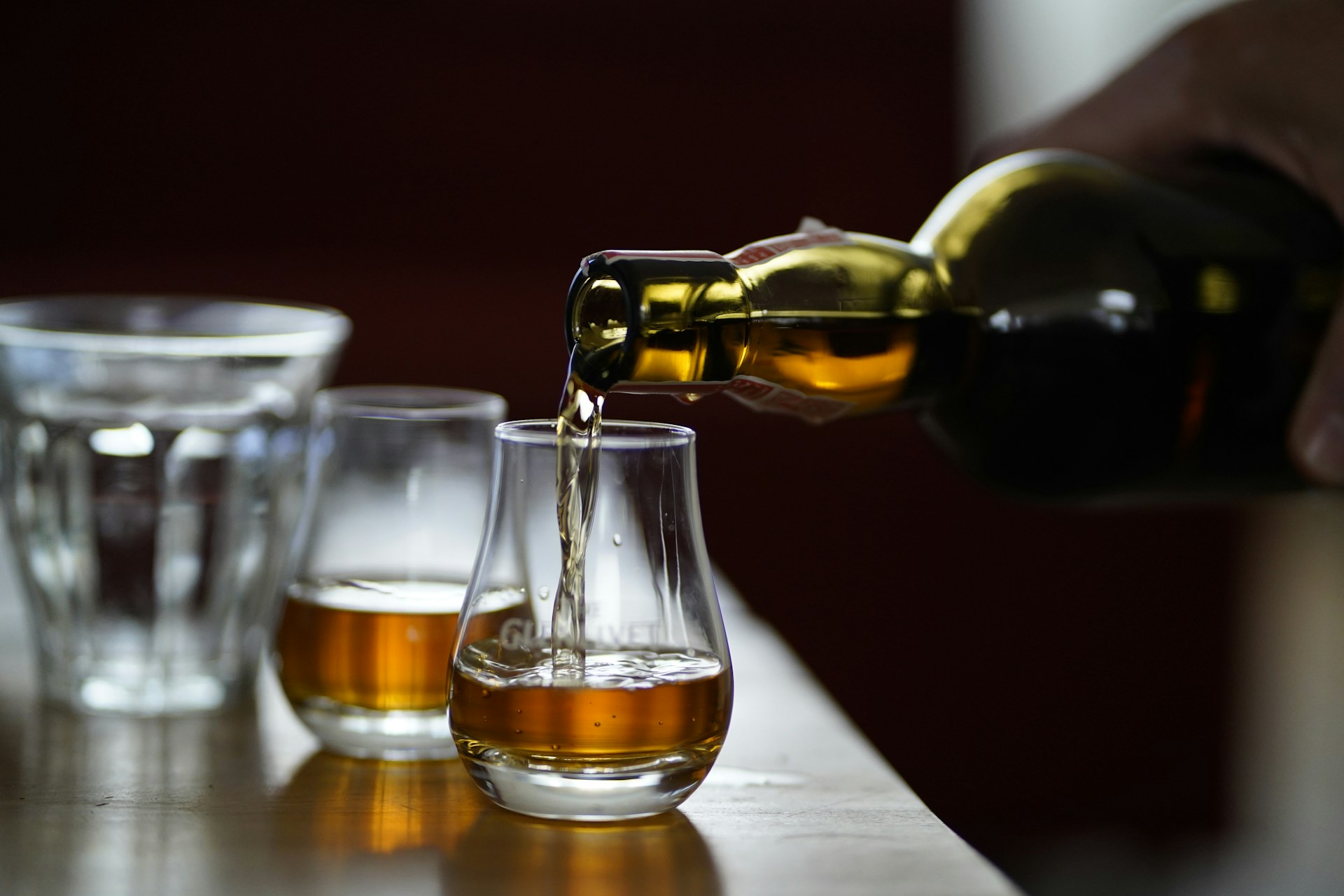
Storing Liquor: Best Practices
Certain food items belong in the pantry, while others are better off in the refrigerator. Mix those up, put dried pasta in the fridge and fresh milk in the pantry, and the products will likely lose their flavor and quality and probably spoil. We’re unlikely to make this mistake, though, as the guidelines for food storage are pretty widely known. The same can’t be said for liquor storage. How do you store whiskey? Where’s the best place to keep vodka? And does moonshine go bad? We find out.
Best Practices for Storing Liquor
While some alcohol products are more sensitive to others, some easy practices will help keep your liquor for longer.
- Keep Your Liquor in a Cool, Dark Place: Store your bottles away from direct sunlight and heat sources. Exposure to light and heat degrades alcohol and alters its flavor. So, if your spirits collection isn’t hidden from heat and light, that unique bottle of brandy you’ve been saving for Thanksgiving may not make it to November.
- Maintain a Stable Temperature: If you can, avoid storing liquor in places where temperatures fluctuate. These spaces include kitchens with cooking appliances or garages, where the bottles will probably be exposed to very warm or cold temperatures throughout the seasons. The ideal storage temperature is around 55-60°F. You can store some spirits like vodka in the freezer—its high alcohol content prevents it from freezing, and the cold can provide a smoother taste—but it isn’t necessary.
- Keep Bottles Upright: If your bottles are sealed with cork, store them upright to prevent the cork from contacting the alcohol for an extended period. When this happens, the cork degrades, and the alcohol can spoil.
- Seal Bottles Tightly:
Ensure your liquor bottles are sealed tightly to prevent air from getting in. Air can cause oxidation and affect the taste of the alcohol. If the bottle was sealed by a cork you no longer have, invest in food-safe silicone bottle stoppers to keep your drinks tasting fresh. - Avoid Storing Liquor in Humid Areas:
High humidity can cause labels to peel and deteriorate; in extreme cases, it can impact bottle caps, corks, and liquor. If your area is prone to humidity, keep your bar in the least humid part of your home. Consider investing in a dehumidifier if you really struggle to keep the bottles humidity-free. - Long-term Storage:
For spirits intended for long-term aging (such as some whiskeys), consider storing them in a more controlled environment similar to wine storage. You’ll be grateful for the investment when you enjoy your unique whiskey ten years later!
Do Spirits Expire?
While spirits with high alcohol contents don’t expire like perishable food, the quality of the liquor can degrade over time. So, if you’re wondering whether to ditch that last bit of tequila, or you’re asking yourself, “Does moonshine expire?” factor in how the bottles have been stored and how long they’ve been open before making your decision.
When stored correctly, unopened bottles can last indefinitely. However, we recommend consulting the label and/or manufacturer to ensure you’re keeping the liquor in the right condition. Opened bottles have a shorter shelf life and should usually be finished within a year or two to ensure you enjoy the spirits at their absolute best.
Visit Old Tennesse Distilling Company
Visit us seven days a week in Kodak, TN, to restock your bar with exciting new spirits and liqueurs.

